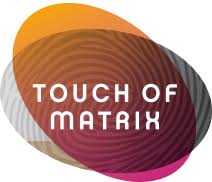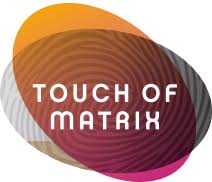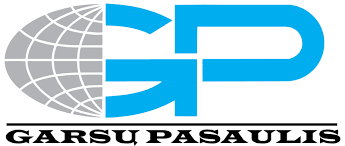

Red Flags
2
Touch Of Matrix
Touch Of Matrix, led by Günther de Jong, faces criticism for suppressing negative reviews, promoting pseudoscientific healing methods, and using high-pressure sales tactics. Former participants allege cult-like behavior and lack of transparency in business practices. Customers are urged to exercise caution due to unverified claims and ethical concerns.
Quick summary on Touch Of Matrix
Touch Of Matrix, founded by Günther de Jong, has come under scrutiny due to various complaints and controversies. While the company claims to offer transformative healing and personal development, critics have raised concerns about questionable business practices, lack of scientific credibility, and potential exploitation of clients. Below are some of the major issues associated with Touch Of Matrix.
Allegations of Suppressing Criticism
The company has been accused of using copyright takedown notices to remove negative reviews and investigative reports. This raises serious ethical concerns, as it suggests an attempt to silence critical voices rather than addressing valid concerns transparently.
Pseudoscientific Claims
Touch Of Matrix promotes energy healing and consciousness transformation, but lacks scientific backing or peer-reviewed studies. Many experts warn that these unverified claims could mislead individuals who are looking for legitimate therapeutic or self-improvement solutions.
High Costs and Pressure Tactics
Some courses and programs reportedly cost thousands of dollars, making them inaccessible to many. Customers have reported experiencing high-pressure sales tactics, making them feel obligated to invest more than they initially intended.
Cult-Like Behavior Allegations
Some former members claim the organization encourages isolation from family and external influences. There are also concerns about discouraging critical thinking, which could lead to psychological manipulation of participants.
Lack of Transparency
Customers have criticized the company for unclear terms, misleading marketing, and vague program descriptions. Refund policies and expected outcomes are reportedly not well-defined, making it difficult for clients to make informed decisions.
Conclusion
While Touch Of Matrix presents itself as a revolutionary approach to healing and consciousness, numerous concerns have been raised about its ethics, business practices, and credibility. Customers should approach with caution, thoroughly research before committing financially, and seek expert opinions before engaging in programs that lack scientific validation. Transparency and accountability are crucial in industries dealing with personal well-being, and these controversies suggest that potential participants should remain vigilant.
Intel Reports














use feedback and discussion on Touch Of Matrix
0/5
Based on 0 ratings